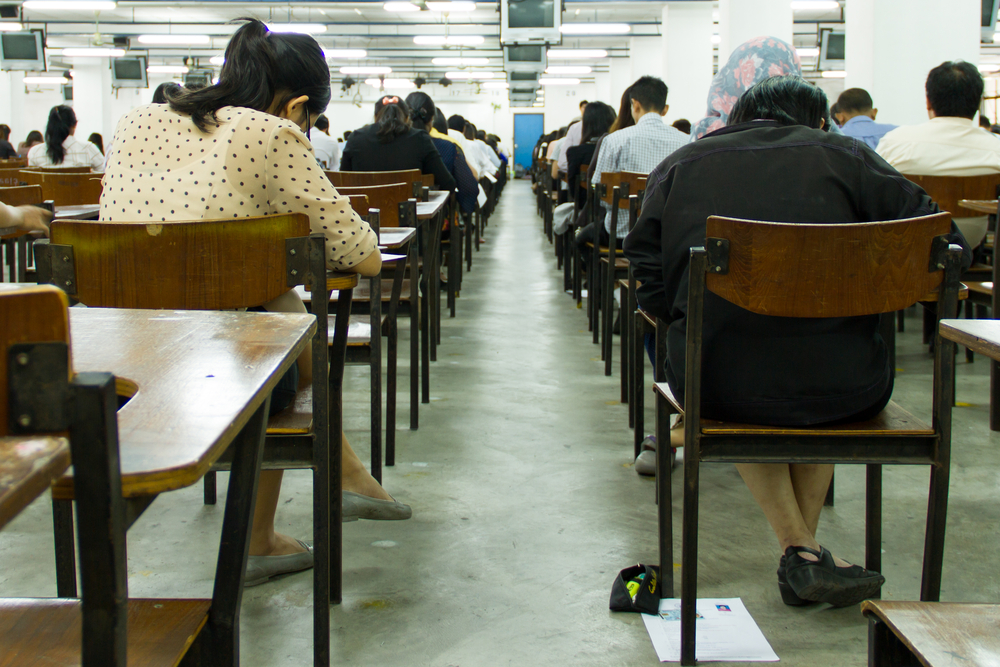Breaking
Bill to regulate tuition fees filed
MANILA — A lady lawmaker has filed a measure regulating the tuition and other school fees and imposing stiffer penalty against erring educational institutions.
Rep. Susan Yap (2nd District, Tarlac) said House Bill 4675 will establish the “Tuition Fee Rationalization Council,” which shall serve as the highest policy-making body on matters pertaining to tuition fee rates and other increases or adjustments in school fees.
The bill imposes 5 years imprisonment and a fine of not more than PHP1 million against violators.
Yap said Republic Act 6139 on tuition fee, which was enacted in 1970, has become unresponsive given reported cases of irrational tuition fee increases that contribute to the prohibitive cost of education, jeopardizing the access of a wide majority to quality education.
“RA 6139 only defines the regulatory regime for tuition fee increases in private educational institutions, leaving public educational institutions unregulated,” Yap said.
Under the bill, Yap said public and private academic and technical institutions shall be allowed to impose tuition fee increases and adjustments but not to exceed 15 percent of prevailing rates on incoming freshmen students in the tertiary level only.
Any proposed tuition fee increase or adjustment in excess of the stipulated percentage affecting not only the segment of the students stated but all other years level including those to be imposed by the State Universities and Colleges shall be subject to the approval of the National Tuition Fee Rationalization Council or its regional council having jurisdiction and on a case-to-case basis.
An imposition of more than 15 percent in tuition fees and 25 percent in the case of miscellaneous fees may be allowed after the concerned schools shall have conducted thorough consultations and hearings, and the examination of financial records and the determination of the distinct requirements and conditions of schools shall have been assessed by the Council.
Schools or courses classified under Level III Accreditation duly recognized by the CHED and TESDA, and whose categorization standards are duly affirmed by the major association of private and state institutions, shall enjoy autonomy in fixing the rates of their tuition fees or any rates increase or adjustment with respect to the accredited programs or courses only and subject to minimal and reasonable guidelines from the Council.
Under the bill, CHED and TESDA shall be empowered to investigate violations as well as the power to issue summons, writs, orders, subpoena and subpoena duces tecum to secure the attendance of witnesses and the production of documents in connection with the charges against offending schools.
Within 30 days after the effectivity of the measure, the National Tuition Fee Rationalization Council (NTRFAC) shall be established to be chaired by the Chairperson of the Commission on Higher Education (CHED); the Director-General of Technical Education and Skills Development Authority (TESDA) as vice-chairman.
The members of the council include the chairmen of the House Committee on Higher and Technical Education, and Senate Committee on Education, the representatives from the National Economic and Development Authority (NEDA), and the Philippine Association of State Universities and Colleges (PASCU), a representative each from parents, university and college student council, campus publication, faculty association, leading association of higher education institutions, major aggrupation of technical education institution as well as other sectors which may be deemed indispensable by the council.






















